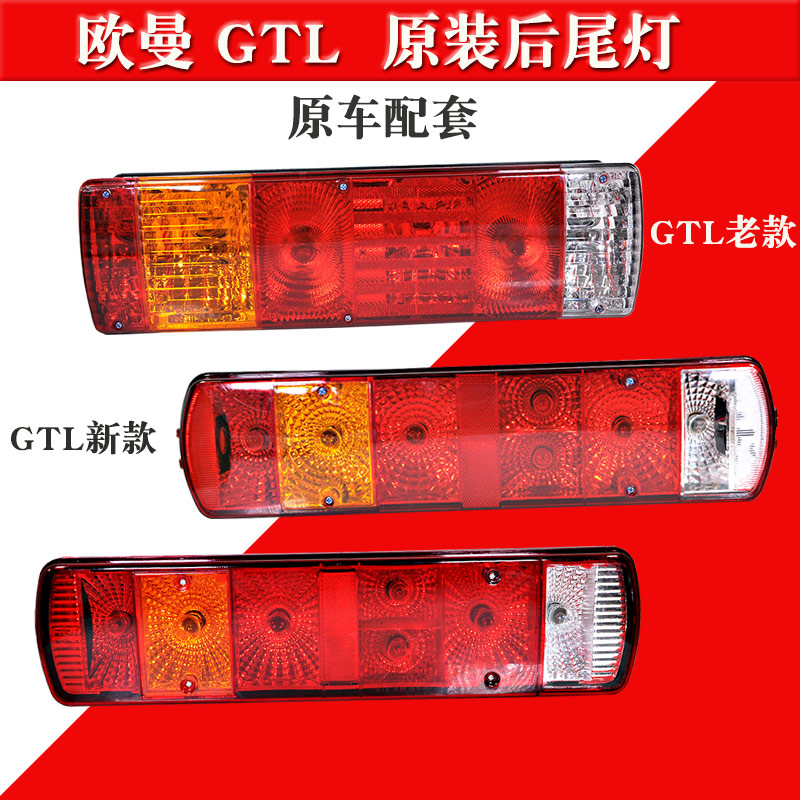S. Korea to lift ban on N. Korea TV, newspapers despite tensions
2024-05-20 11:38:27 点击:102
 |
| A man walks past TV monitors displaying a news program at an electronic shop in Seoul, South Korea, on Oct. 14, 2014, showing a North Korean newspaper with a photo of North Korean leader Kim Jong-un smiling, reportedly during his first public appearance in five weeks in Pyongyang, North Korea. AP-Yonhap |
South Korea plans to lift its decades-long ban on public access to North Korean television, newspapers and other media as part of its efforts to promote mutual understanding between the rivals, officials said Friday, despite animosities over the North's recent missile tests.
Divided along the world's most heavily fortified border since 1948, the two Koreas prohibit their citizens from visiting each other's territory and exchanging phone calls, emails and letters, and they block access to each other's websites and TV stations.
In a policy report to new President Yoon Suk-yeol on Friday, South Korea's Unification Ministry said it will gradually open the door for North Korean broadcasts, media and publications to try to boost mutual understanding, restore the Korean national identity and prepare for a future unification.
Ministry officials said South Korea will start by allowing access to North Korean broadcasts to try to encourage North Korea to take similar steps. The ministry refused to provide further details, saying the plans are still being discussed with relevant authorities in South Korea.
Jeon Young-sun, a research professor at Seoul's Konkuk University, said North Korea is unlikely to reciprocate because the flow of South Korean cultural and media content would pose "a really huge threat to" its authoritarian leadership.
Ruled by three generations of the Kim family since its 1948 foundation, North Korea strictly restricts its citizens' access to outside information, though many defectors have said they watched smuggled South Korean TV programs while living in the North.
In 2014, North Korean troops opened fire when South Korean activists launched balloons carrying USB sticks containing information about the outside world and leaflets critical of the Kim family toward North Korean territory.
Relations between the two Koreas remain strained over North Korea's torrid run of missile tests this year. Yoon, a conservative, has said he would take a tougher stance on North Korean provocations, though he said he has "an audacious plan" to improve the North's economy if it abandons its nuclear weapons.
Despite the North's likely reluctance to reciprocate, Jeon said South Korea needs to ease its ban on North Korean media because the restrictions have led to dependence on foreigners and other governments to gather North Korea-related information. Jeon said that has increased the danger of acquiring distorted information on North Korea.
It wasn't clear how anti-North Korea activists in the South would react to the government's move. Jeon said there was little chance the move would promote pro-North Korean sentiments.
South Korea, the world's 10th largest economy, is a global cultural powerhouse. Its nominal gross domestic product in 2019 was 54 times bigger than that of North Korea, according to South Korean estimates.
Some observers say the ban must be lifted in a step-by-step process with discussions on what North Korean contents would be allowed first and how the access should be given to the South Korean public.
While it's officially illegal to watch or read North Korean media in South Korea, authorities rarely crack down on experts, journalists and others using VPNs or proxy servers to access North Korean websites. A large number of North Korean movies, songs and other contents are also available on YouTube, which is accessible in South Korea. (AP)





